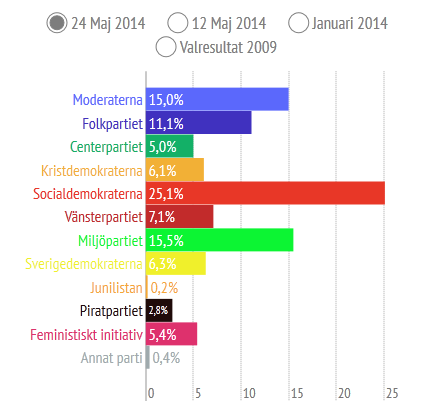I wonder why people still support convicted criminals like Berlusconi and his party of thugs. Also read something about over 500 trials on Italian politicians involving corruption and abuse of power a few days ago - most, if not all of them right wingers.
We traditionally need a strong leader that tell us what to do.
The more he fits our prior ideas, the better. We just don't care about the future (as in long term plans): if I'm unemployed, I need someone who says immigrants steal our jobs; if I'm poor, I need someone who says politicians steal our money.
The more he's convincing, the better. The louder, the better.
To the point that we're totally fine to ignore the leader's flaws.
Berlusconi, being a self made super rich man, appeals entrepreneurs.
Grillo is a more complicated matter, as he shouts basically whatever to appeal everyone, from rants against immigration, to rants against politicians, to chemtrails, to underskin microchips; in a single speech he says that technological innovation will reduce employment, and 2 minutes later he says that 3D printers that freely create goods for everybody are the future.
Renzi, and basically the entire left wing, I don't even know anymore, they're completely detached from their electors, and struggle to keep the old left wingers voters who would just vote for a left party no matter what.
So, in Italy, no one really cares about trials as long as convicted politicians keep shouting what they like.
And anyway, the recent arrests involved mostly right wingers, but also some left wingers (as it happened before, during "Mani Pulite", the huge investigation in the early 90s that brought down an entire political class, just to be replaced, a couple of years later, by... the same people as before

).
I guess in some ways we're used to this, and all these shenanigans (basically, mafia involvement in politics) are so embedded in our politics that we just don't know how to react anymore, and we just let it flow over our heads to keep our sanity - or most likely, because we're too lazy to start a real full fledged revolution.





